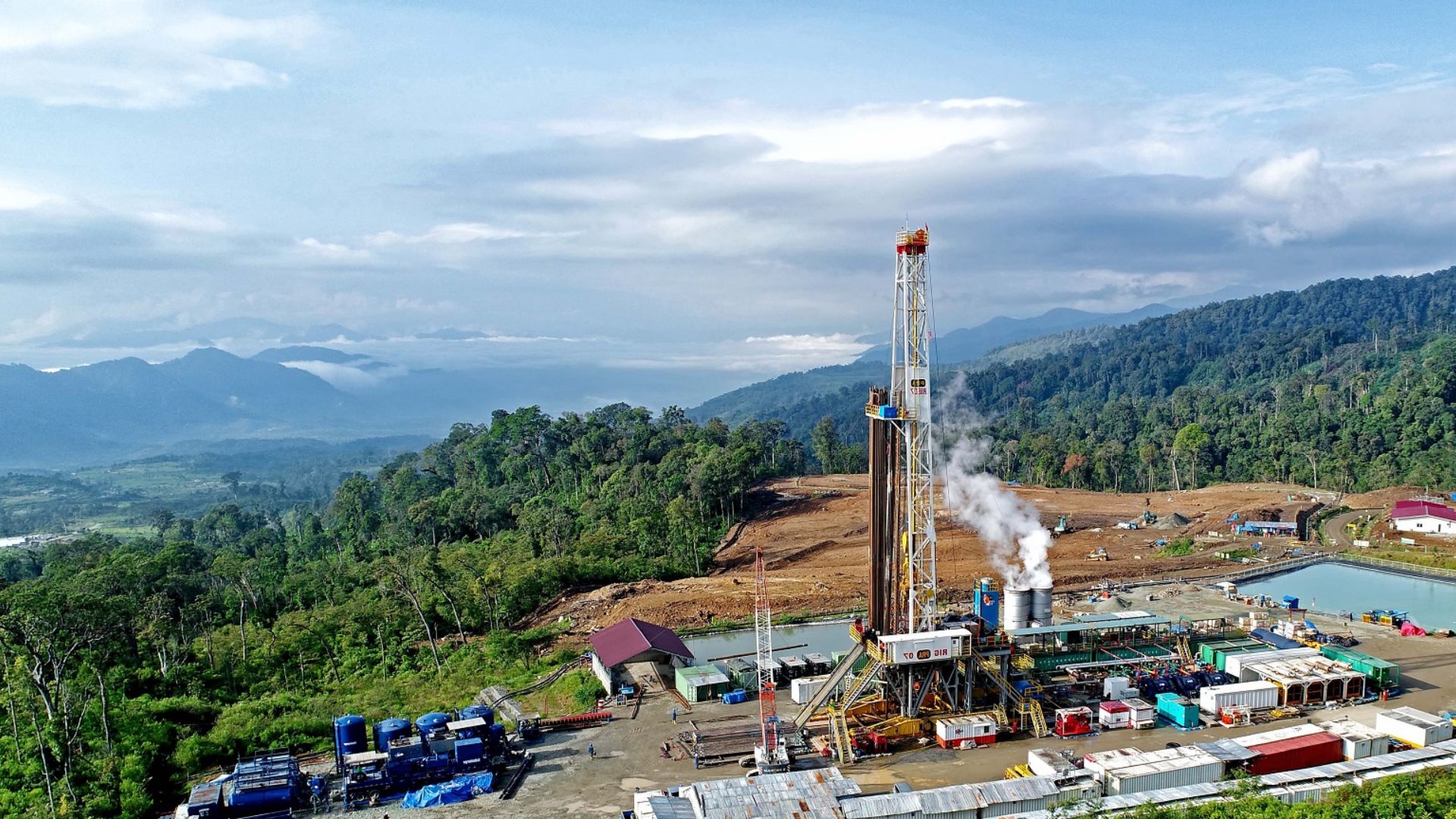Indonesia Aims to Lead Global Geothermal Power Generation: Overcoming Challenges for a Sustainable Future
- Indonesia | 8 October 2017

Indonesia, a country grappling with power shortages, is poised to become the world leader in harnessing geothermal power sources for electricity generation. This ambitious endeavor not only promises to transform the lives of millions of Indonesians but also plays a crucial role in protecting the environment. Currently ranked as the third-largest producer of geothermal electricity globally, after the United States and the Philippines, Indonesia has substantial untapped reserves spread across its numerous islands. With plans to add over 2GW of new geothermal capacity within the next five years, Indonesia is expected to surpass the Philippines in 2018 and aims to achieve an installed capacity of 3.56GW by 2021. Ultimately, the country targets an impressive 9.5GW of power generation from geothermal sources by 2025.
The Indonesian government has demonstrated a strong commitment to renewable energy, particularly geothermal power. Recently, it released USD640 million to the national electricity company Perusahaan Listrik Negara (PLN) for the development of six geothermal projects, adding up to 160MW of capacity to the national grid. These efforts align with the government’s target of 23% renewable energy in the power generation mix by 2025. Additionally, the government aims to identify suitable areas for geothermal development across the country, aided by Geographic Information System (GIS)-based decision support systems.
Technological advancements, such as GIS-based decision support systems, are proving invaluable in assessing geothermal potential. A pilot project conducted on the island of Bali by the Asian Development Bank (ADB) utilized these systems to evaluate the island’s capacity for renewable energy-based power generation, including geothermal, solar, wind, biomass, and hydropower. The study identified 329MW of potential geothermal supplies in the regions of Tabanan, Bangli, and Buleleng, offering a promising solution to Bali’s power supply reliability issues. While economic feasibility and incentives for investors are important considerations, such studies provide vital tools for the government in harnessing geothermal power for the nation’s future.
Despite its immense potential, geothermal power faces challenges, including popular opposition and environmental concerns. Previous geothermal projects, such as the Bedugul plant in Bali, encountered strong resistance from local authorities and communities, leading to project shutdowns. Similar opposition arises from concerns over protected forest areas and religious significance. Authorities must carefully address financial and social feasibility issues to ensure successful and sustainable geothermal developments. While obstacles persist, Indonesia remains steadfast in its environmental commitments, leveraging renewable resources to overcome power generation problems and reduce reliance on fossil fuels.
Indonesia’s determination to lead global geothermal power generation reflects its commitment to addressing power shortages and fostering environmental sustainability. With substantial geothermal reserves and ambitious development plans, the country is poised to become a key player in renewable energy. Overcoming challenges and effectively engaging local communities will be crucial for the successful implementation of geothermal projects. By embracing geothermal power, Indonesia takes significant strides toward breaking away from fossil fuel dominance and securing a sustainable energy future.








